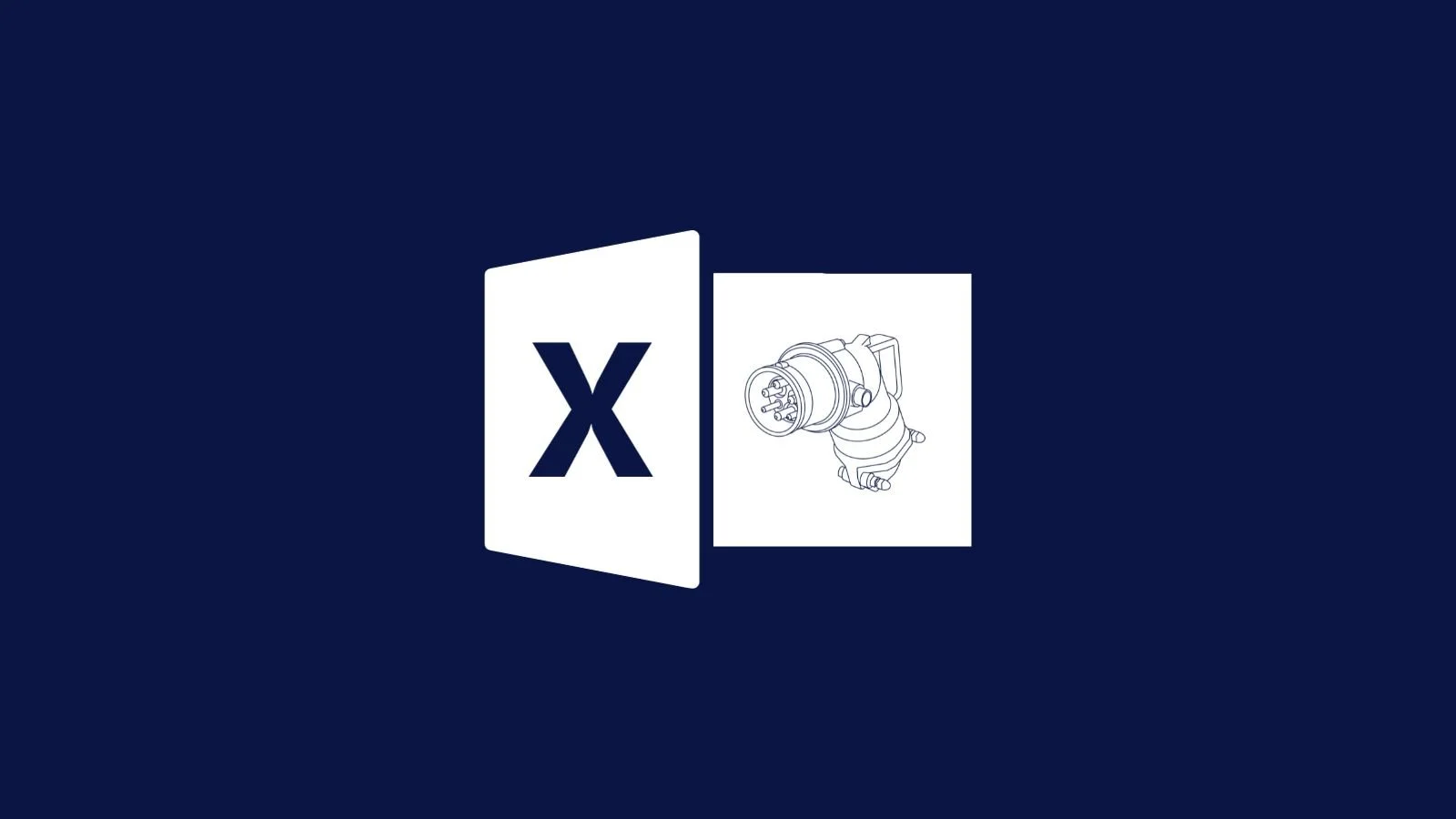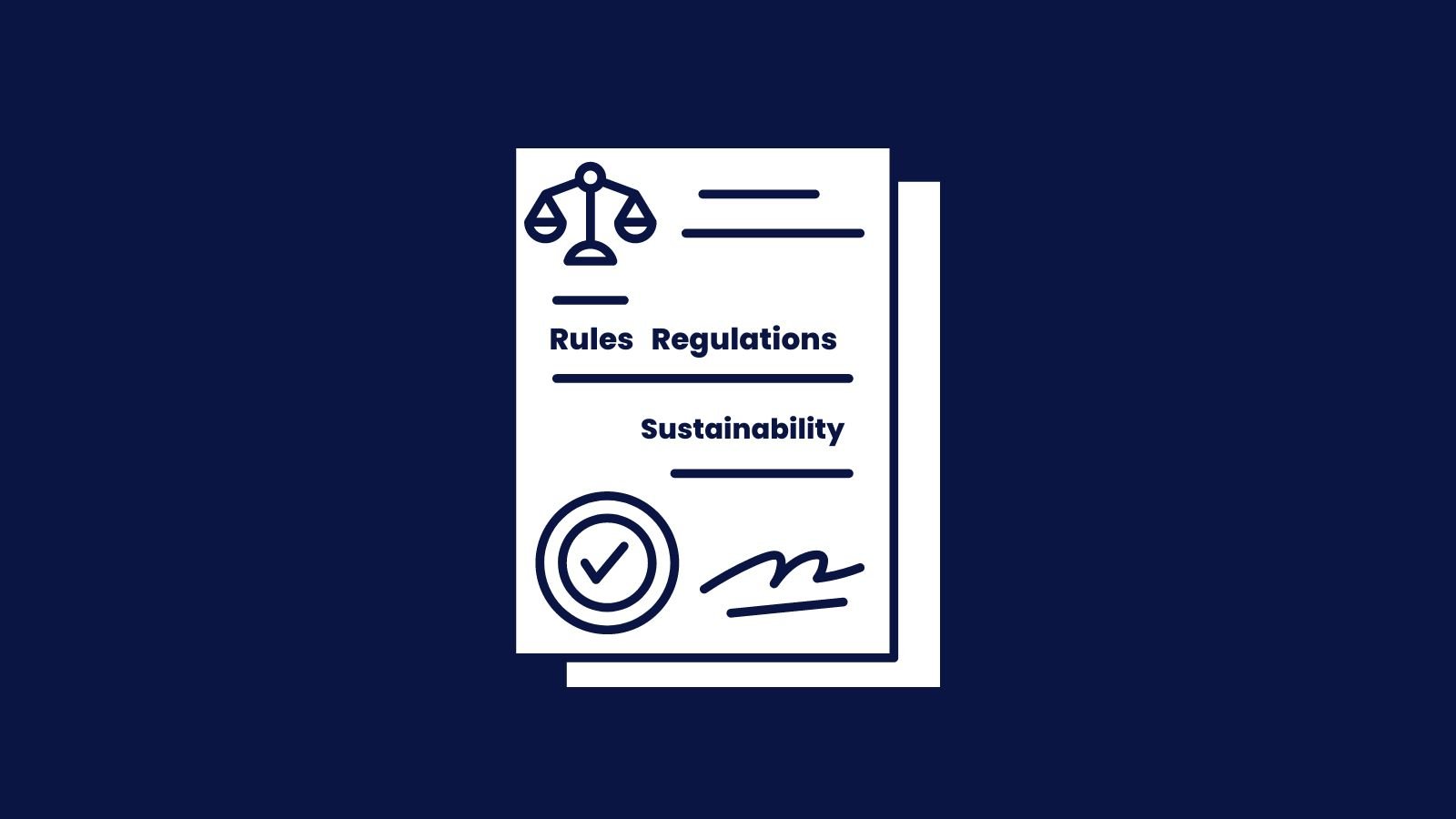Tools | Find the right tools for your business case
Decarbonization
Regulations
Databases
Featured tools
Navigate information to thousands of vessels with ease in order to make a business case for regulatory impact or refits on a specific ship.
All tools
Compare marine fuels by emissions, cost, and compliance risk
Comprehensive database of marine fuel properties, emissions, and regulatory footprints
Model voyage expenses based on fuel use, port fees, and operational conditions
Calculate and optimize voyage costs for different vessels, routes, and scenarios
Calculate solar energy and compare to other systems
Explore decarbonization pathways for your ship by comparing technologies, CAPEX, OPEX and more
Calculate and compare compliance cost for up to two ships
Calculate and compare total costs or VLSFO equivalent costs for three fuels. Includes fuel, EU ETS and FuelEU costs.
Make a business case for shore power infrastructure by determining CAPEX, OPEX and kWh price for shore and ship
Download a comprehensive Excel database with contacts on hundreds of organizations for maritime sustainability
Determine the average shore power demand in for different ship types to asses (on)shore power infrastructure requirements
Navigate information to thousands of vessels with ease in order to make a business case for regulatory impact or refits on a specific ship.
Calculate EU ETS and fuel costs per reporting year, simply and accurately
Make a business case for a battery pack (while in port) for a single engine
Make a business case for a shore power refit on board your ship including a techno-economic feasibility report
Optimize your FuelEU pooling strategy by comparing FuelEU, ETS and fuel costs while pooling up to ten ships
Determine GHG intensity and penalties for your ship
Calculate CII and determine how it impacts your vessels operations
Explore IEC/IEEE 80005 standards and determine the right sockets and plugs requirements for your ship type
Download PDF copy of Project BOEI, a techno-economic feasibility study on the offshore charging of tankers at the Scheveningen anchorage
Download a guide that provides techno-economic guidance for the use of Ship-Based Carbon Capture onboard your vessel, including operational impact, logistics and of course the costs for implementation
Explore techno-economic requirements and determine costs for the use of methanol on board your ship
Learn all about EEXI and how it affects your operations.
Download a guide that provides techno-economic guidance for the use of Ship-Based Carbon Capture onboard your vessel, including operational impact, logistics and of course the costs for implementation
Determine and calculate the Specific Fuel Consumption (SFC) of marine engines
Download Excel sheet to calculate carbon footprint of steel
Fuel Properties and Cost Guide
Compare marine fuels by emissions, cost, and compliance risk
Fuel Properties Datasheet
Comprehensive database of marine fuel properties, emissions, and regulatory footprints
Voyage Cost Calculator
Model voyage expenses based on fuel use, port fees, and operational conditions
IMO Net-Zero Calculator
Calculate and optimize voyage costs for different vessels, routes, and scenarios
Solar PV Tool
Calculate solar energy and compare to other systems
Power Barge Tool
Calculate solar energy and compare to other systems
Decarbonizer
Explore decarbonization pathways for your ship by comparing technologies, CAPEX, OPEX and more
Compliance Cost Calculator
Calculate and compare compliance cost for up to two ships
Fuel Cost Calculator
Calculate and compare total costs or VLSFO equivalent costs for three fuels. Includes fuel, EU ETS and FuelEU costs.
Shore Power Terminal Tool
Make a business case for shore power infrastructure by determining CAPEX, OPEX and kWh price for shore and ship
Maritime Organizations Overview
Download a comprehensive Excel database with contacts on hundreds of organizations for maritime sustainability
Average Shore Power Demand
Determine the average shore power demand in for different ship types to asses (on)shore power infrastructure requirements
Sustainable Ships Database
Navigate information to thousands of vessels with ease in order to make a business case for regulatory impact or refits on a specific ship.
EU ETS Quickscan
Calculate EU ETS and fuel costs per reporting year, simply and accurately
Battery Hybrid Single Engine Tool
Make a business case for a battery pack (while in port) for a single engine
Shore Power Quickscan
Make a business case for a shore power refit on board your ship including a techno-economic feasibility report
FuelEU Pool Tool
Optimize your FuelEU pooling strategy by comparing FuelEU, ETS and fuel costs while pooling up to ten ships
FuelEU Case Maker
Determine fuel strategies for your ship by comparing FuelEU penalty, EU ETS and fuel costs
FuelEU Quickscan
Determine GHG intensity and penalties for your ship
CII Calculator
Calculate CII and determine how it impacts your vessels operations


























![Specific Fuel Consumption [g/kWh] for Marine Engines](https://images.squarespace-cdn.com/content/v1/6155b5bdada6ea1708c2c74d/1738865813434-YLZ4UTVRNRQZJ4U1SE6S/SFC+Thumbnail.png)

Explore decarbonization pathways for your ship by comparing technologies, CAPEX, OPEX and more